Blu Fiefer is a Lebanese artist.
This day will never get easier.
Driving by the Beirut port in my daily life, on my way to a meeting, to do something normal or even fun is always dystopian. For that one kilometer, the air gets heavy. My stomach tightens, I stop breathing and I force myself to dissociate counting down until I pass it.
Five years ago, our city exploded. And when we went to help each other out from underneath the rubble and glass, we were only civilians on the ground. No officials. No rescue plans. No authority.
I kept repeating to myself, “Akid they are gonna come.” But no one ever came.
We all remember where we were at 6:08pm when 2,750 tons of ammonium nitrate split our lives in two: before the blast and after the blast. We mourn the people we lost and we mourn the people we once were before it happened.
We were left to pick up the bodies, clean the blood, rebuild where we could. All while knee-deep in one of the worst economic collapses of the 21st century with a pandemic ravaging what little remained of the “system”, our capital was flattened. Days later, still in shock, smoke lingering in the air. Blood still on the sidewalks, we gathered in Martyr Square protesting our doom.
We stood there in silence and disbelief with tears in our eyes waiting for any sort of accountability. Instead, our government fired shots at us.
August 4, 2020 took my goodness. It killed any naïve belief I had in “good will always prevail over evil”.
That day taught me that this world isn’t black and white, it changed me forever.
Some of us sat on the rubble of what used to be our homes, watching over the dark night, holding a gun in one hand and lighting an arguileh with the other, guarding whatever was left. People were hungry and they were coming. And I didn’t blame them. What would you do if your mother was starving?
The things we saw and the choices we had to make to make it through in this jungle. We did what we had to do. And sometimes, “you must become a villain to survive”.
It was the day I finally understood why my father used to call me when I was protesting in the revolution to tell me to be careful with my expectations, telling me we were brave, but that the change we were fighting for might not come. Not because we didn’t deserve it but because it had never been in our hands to begin with. He wasn’t trying to crush my hope, he was mourning his own.
The grief of a man who had once stood where I stood, shouting into the same void, only to grow older and watch it swallow his voice. It broke him to say it and it broke me to finally understand that he was right.
That day didn’t only change me, it changed the way I express myself and my perception of my art. I stopped singing in English. Overcome with shame from the way I once tried to whitewash myself to fit in, to be accepted by them.
I couldn’t unsee the way the West viewed us and treated us even through one of the largest explosions in modern history. It took years to shed that shame. To forgive myself for the conditioning, for not always having pride in my culture.
Trying to articulate what this day means is futile. It will always be an understatement.
No sentence can hold the trauma of that orange cloud, the ringing silence in your ears, the smell of burning flesh and chemicals that burned your eyes, or the gut-wrenching nausea that stuck for years.
No paragraph can explain what it’s like to stop eating meat because your brain won’t let go of the images.
Or how even those who ran to the other side of the world, still find shards of glass in their shoes.
The PTSD.
The too many funerals.
Too many heartbreaks.
We tried to turn our scars into symbols, just to feel that it wasn’t all for nothing. Franticly rebuilding our lives for survival. Because we know it will happen again. It always does.
The Lebanese will rebuild again and again as they always have, with the tragic fate of being resilient, the phoenix that rises from the ashes.
You will glorify us for it but we hate it.
Five years and we’re still here, mourning, finding new ways to live with grief, with rage, with the kind of trauma that rewrites your DNA.
No justice will ever bring back what we lost. But we still scream it anyway, in our nightmares, at protests, in songs, in silence.
Because it’s the only thing we can do.
Because It’s all we have left.

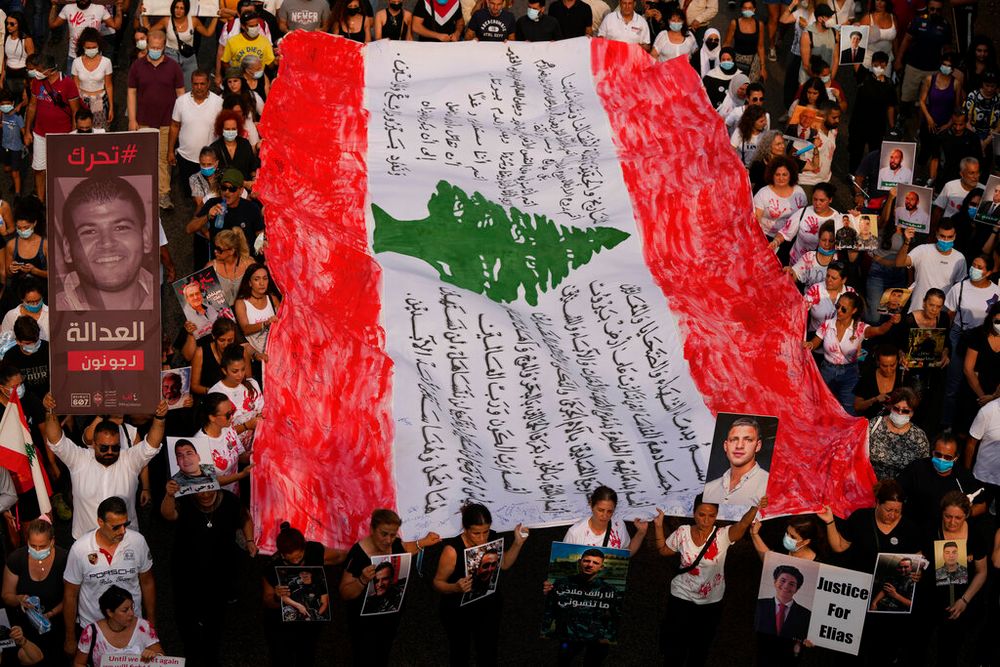



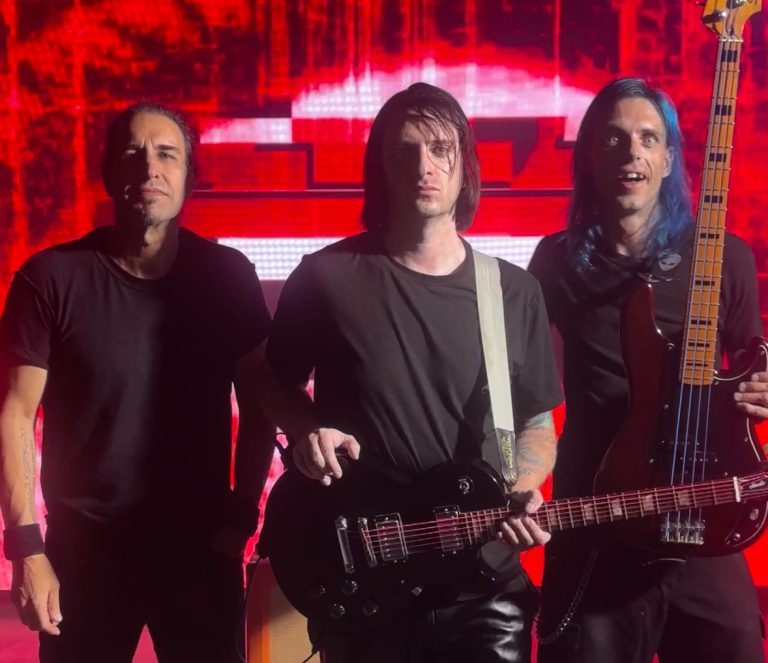
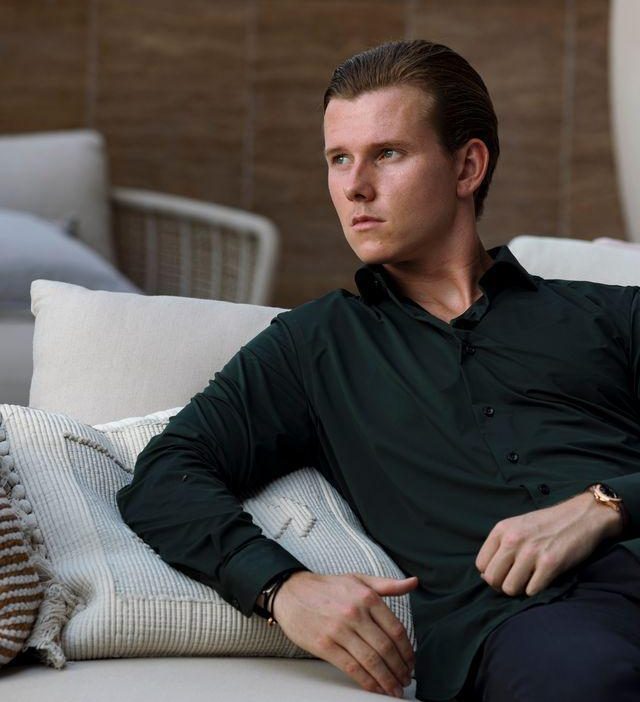

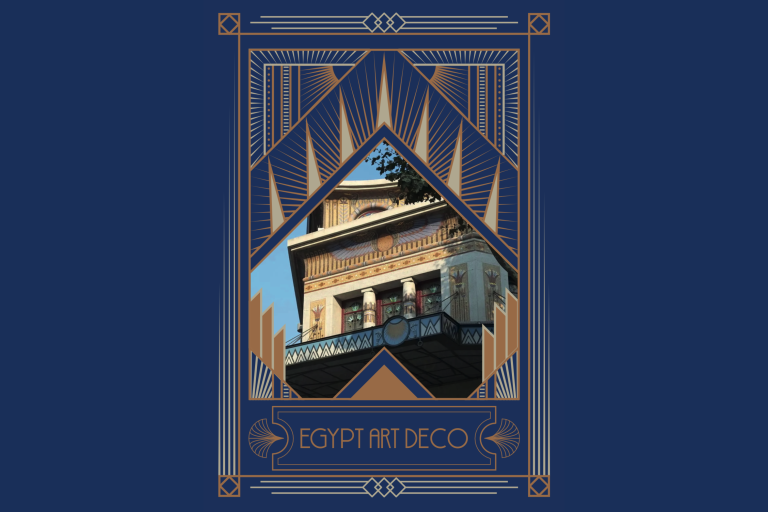
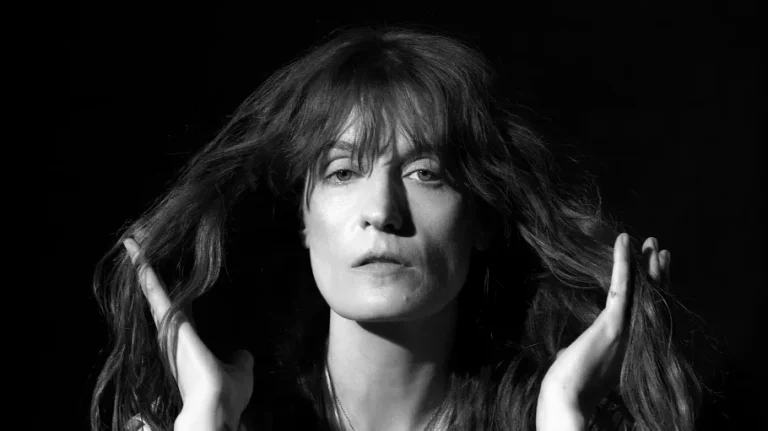
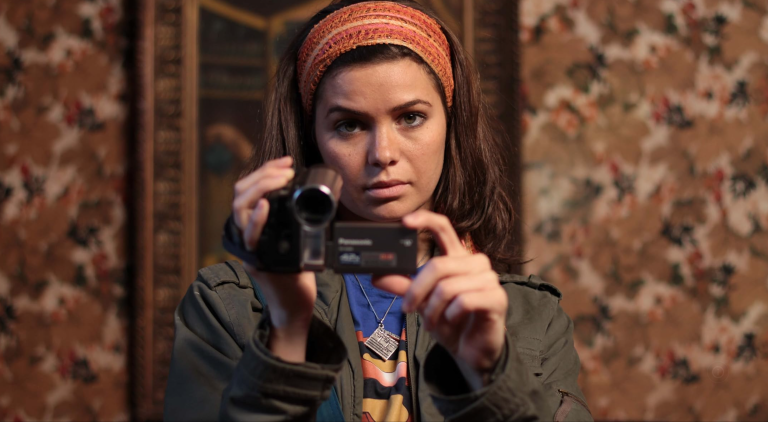
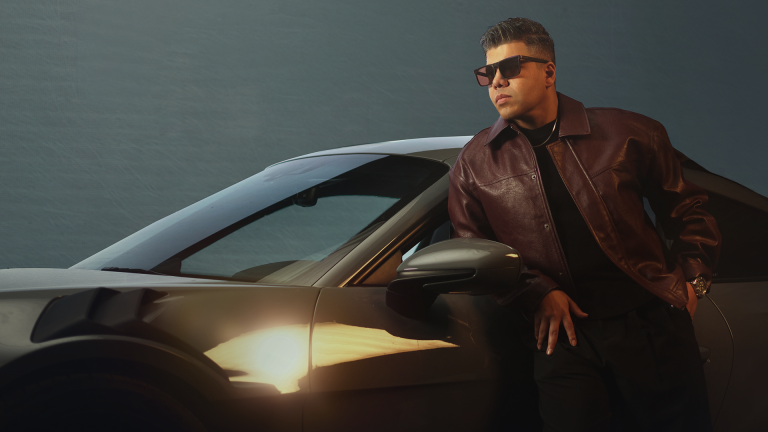
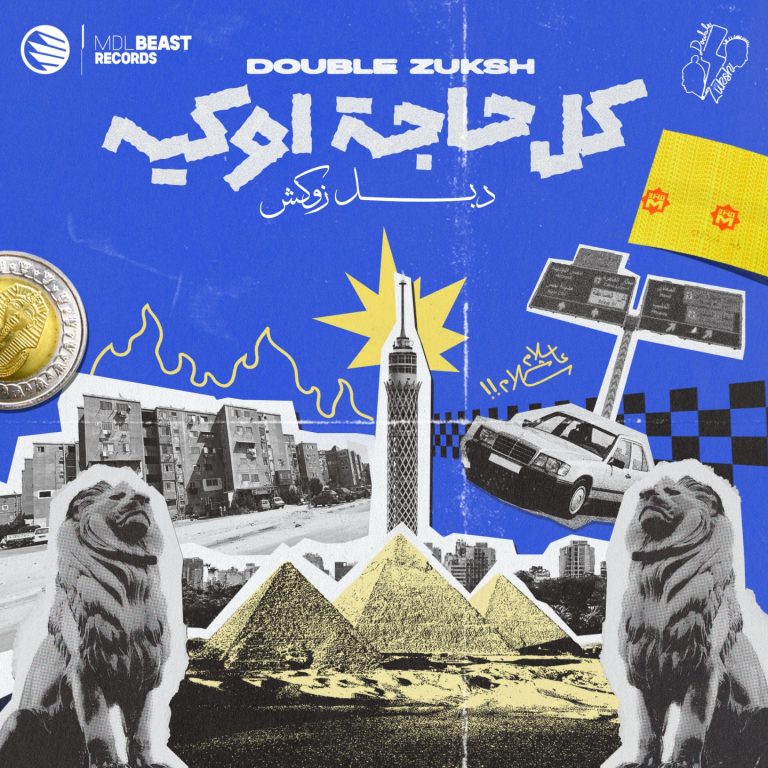

Trump’s Gaza Plan Mustn’t Follow His Record on Women’s Rights
Trump’s 20-points Gaza peace plan shouldn’t repeat his domestic failures on women’s health, education, and rights.